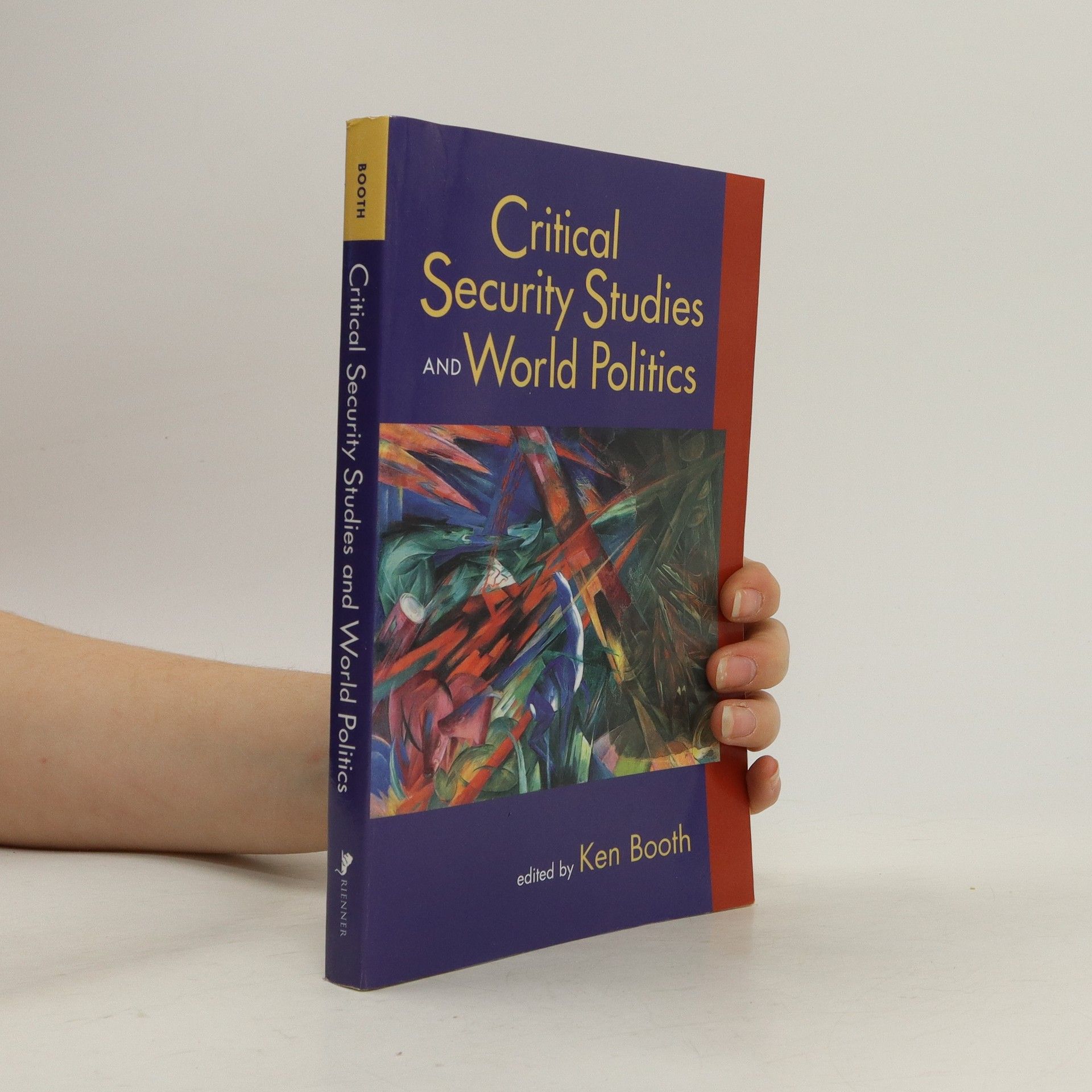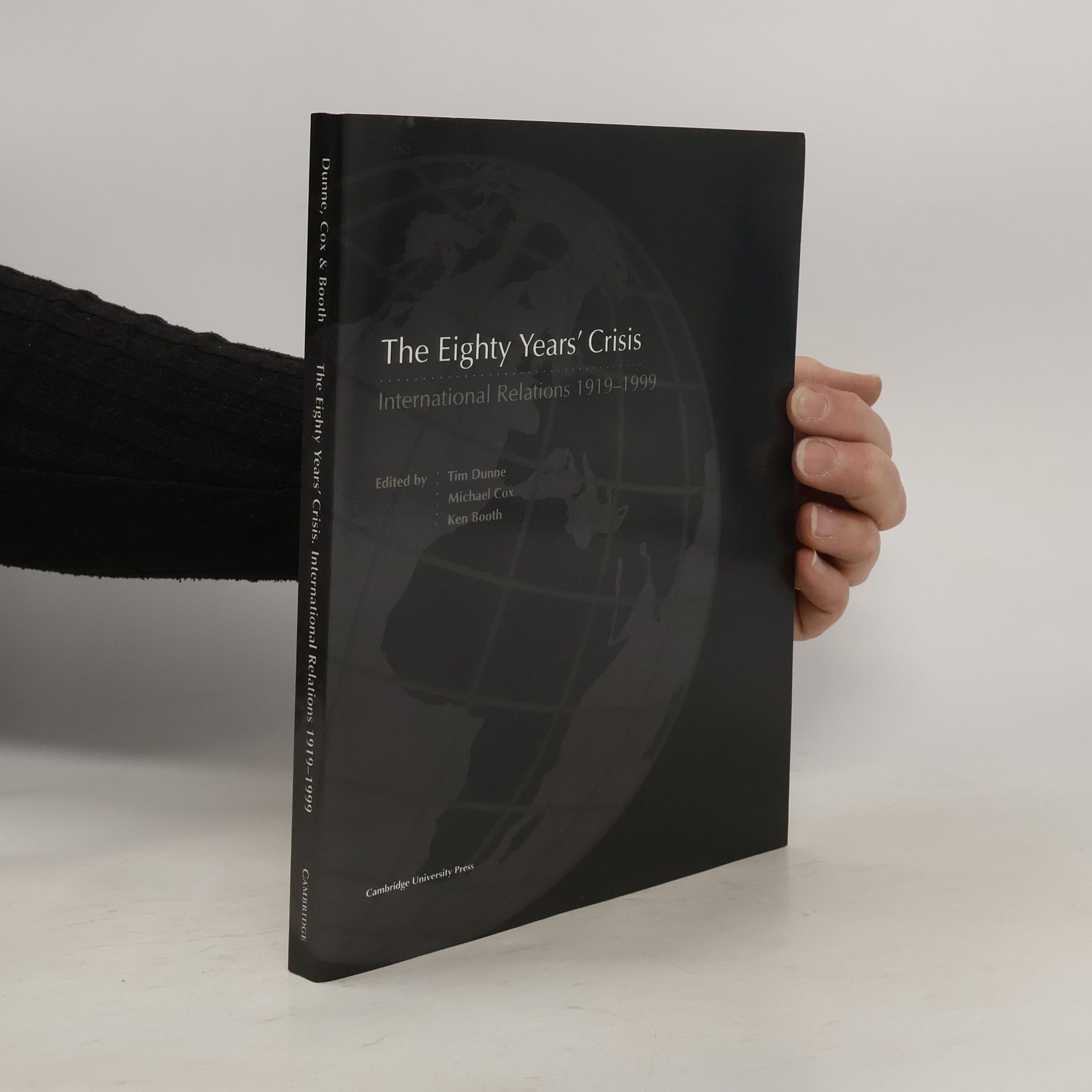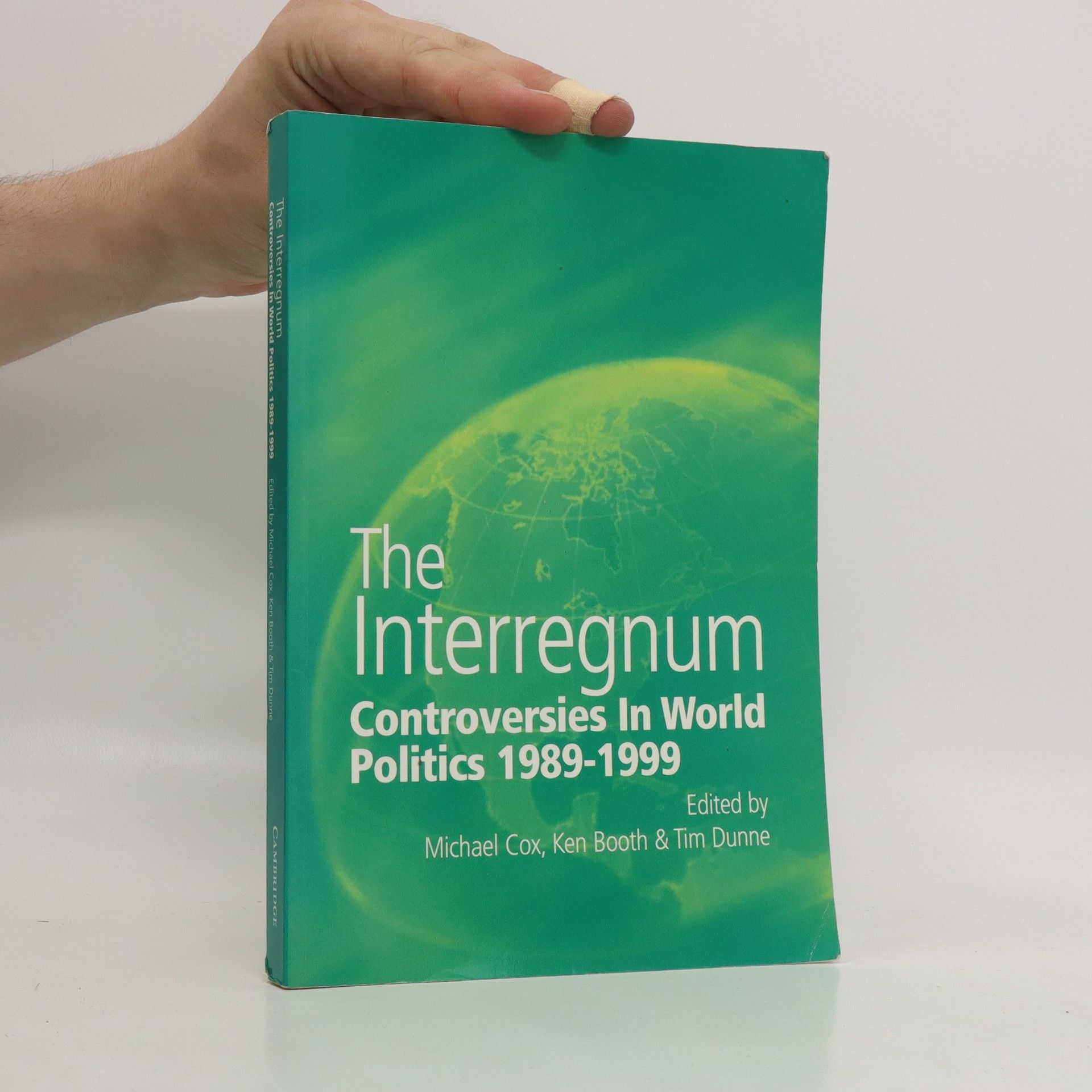The interregnum : controversies in world politics 1989-1999
- 312pages
- 11 heures de lecture
Leading scholars shed light on the meanings of world politics.
Ken Booth est un théoricien des relations internationales et de la sécurité, reconnu pour ses travaux sur les aspects stratégiques des affaires mondiales et pour avoir fondé le domaine des études critiques de sécurité. Ses recherches englobent la théorie et la pratique de la sécurité, la théorie des relations internationales, les droits de l'homme, le désarmement nucléaire et la sécurité en Afrique. Booth explore des questions contemporaines telles que le terrorisme et l'application de la théorie critique à notre époque complexe. Ses contributions offrent des perspectives profondes sur les défis théoriques et pratiques de la sécurité internationale.






Leading scholars shed light on the meanings of world politics.
This book examines how the academic discipline of International Relations has conceptualized the world historical crisis that has shaped world affairs between the end of the First World War and the end of the 1990s. A distinguished group of contributors trace the development of the subject through the main historical periods and in relation to key debates: ethics, power and nationalism; conditions of peace; law and peaceful change; and globalization. It provides the most comprehensive survey of the discipline's past and the key issues to be faced in the future.
A bumper collection of the decade's funniest stories, as published every day in The Herald's 'Diary' column, gathered together for you to enjoy all over again.
All That Matters about international relations. All That Matters books are a fast way to get right to the heart of key issues.
Realist assumptions of security studies increasingly have been challenged by an approach that places the human being, rather than the state, at the center of security concerns. This book is structured around three concepts - security, community, and emancipation - that arguably are central to the future shape of world politics.
Focusing on the impact of cultural distortions, this study explores how ethnocentrism influences military strategy and its execution. It highlights the significance of understanding these biases to mitigate risks of failure, especially in a contemporary landscape marked by racial, cultural, and religious conflicts. Aimed at students of military and strategic studies, the book offers insights into addressing the challenges posed by ethnocentrism, promoting a more nuanced approach to strategy in a diverse world.
Focusing on the interplay between military power and international relations, this comprehensive work explores both theoretical frameworks and practical policy implications of strategic studies. It posits that military power is essential to the international system, emphasizing that strategy serves as the mechanism for leveraging military capabilities to fulfill political goals.
Newcastle's colourful and sometimes dramatic history is brought to life in this series of varied tales spanning several hundred years. Including some of the most fascinating accounts from his previous books, Newcastle author and historian Ken Smith presents a selection of truelife stories from the city's stirring past.
A second humorous novel based on the outrageous antics and practical jokes of local characters from the author's early life in the rural South Wales Valleys in the 1960s and 1970s. By the author of the very popular and funny Tales from My Welsh Village (Y Lolfa, 2018).
The North East Coast presents a selection of true-life accounts from the region's fascinating maritime and seafaring history. Ken Smith throws the spotlight on such exciting episodes as Grace Darling and the rescue of survivors from the Forfarshire, the birth of the first purpose-built lifeboat and the career of the Mauretania.